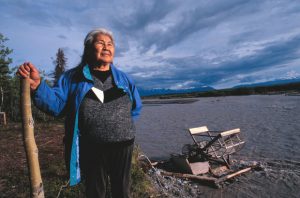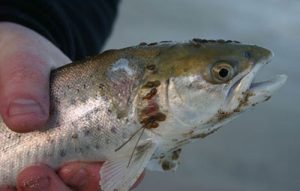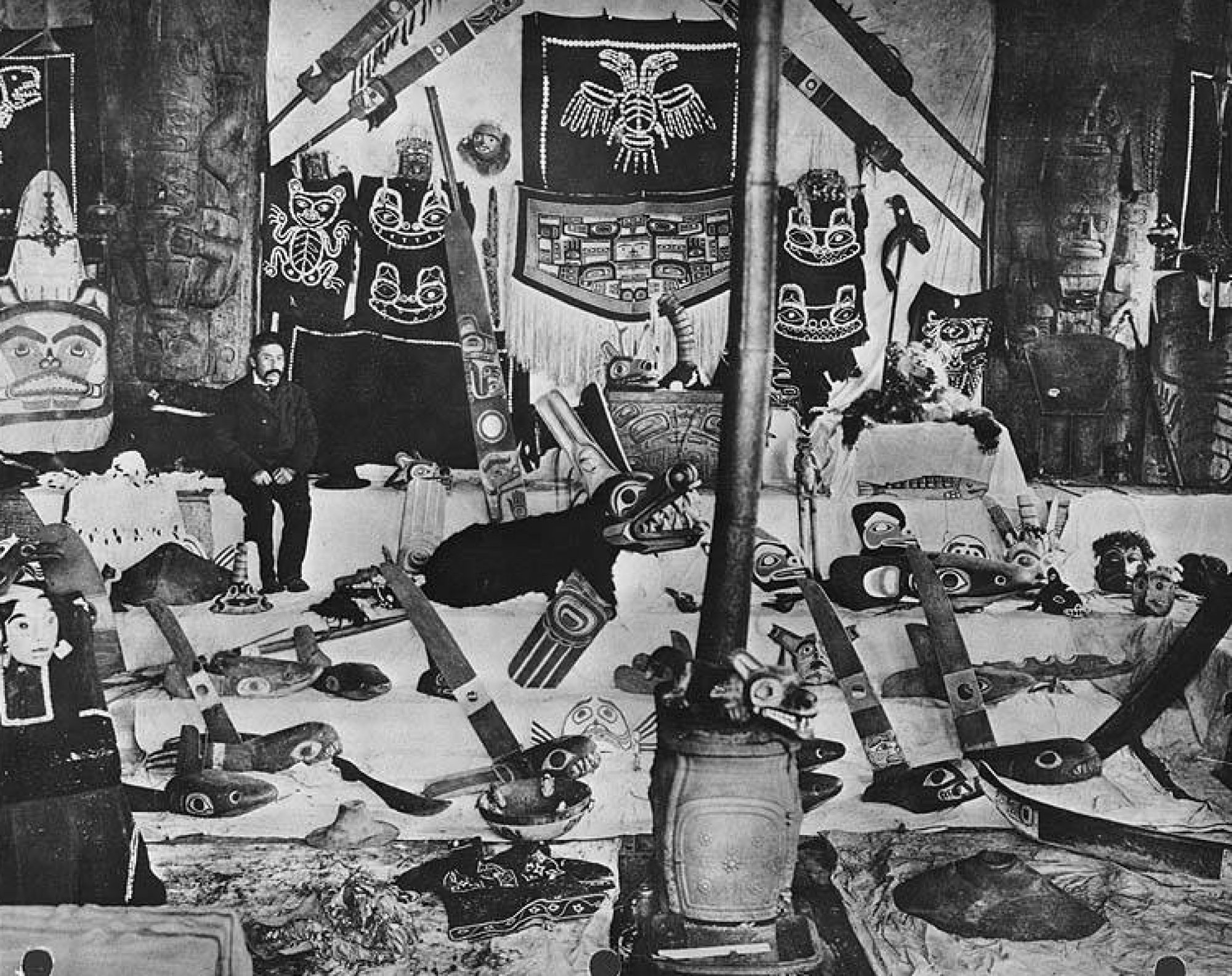Biographical Timeline | Leadership Qualities | Atlantic Salmon | References

Katie John grew up learning how to live off the land, also known as subsistence living, specifically fishing. Many tribes in the Pacific Northwest also grew up this way. When one grows up in a certain ecosystem with certain animals, any change can throw off the entire system. Atlantic salmon are being farmed in the Pacific Northwest and due to human error, these fish break free sometimes. This leads to many issues such as the disease and parasites that the salmon contract. Katie John would be against Atlantic salmon farming in the Pacific Northwest because it interferes with the natural balance of the eco system. This effects those that survive off of the salmon like she did growing up. Natives that are still fishing for substance will not eat the disease ridden Atlantic salmon in their waters, for obvious reasons. Katie John already fought for the right to fish on her land, she would not be okay with the fish being tainted.

A great concern that came upon the impact the Atlantic salmon issue brought upon was the impact it Native Pacific salmon. These Atlantic salmons are invasive species which then lead to the problems of them being competitors whether it be of finding food or even eating the other species. Not only does this negatively affect other species in the same ecosystem, but it also economically affects the people there too. Although other corporation might see this event as a great thing due to the increase of production and selling they could do off it, Katie John knew this would hurt her people. Not being able to use their sources because they have been interfered with lead to the decrease of what they could use to benefit themselves. Along with this, she would be against any idea of not trying to fix this problem, even if that meant taking action herself.
The way of life of Kate John’s people was one of subsistence . You took what the land gave, you did not take more than you could use, and you worked to replenish it when you were done. Katie once said, “Our land , air and water have always been good to us.” The land and animals took care of you, and you took care of them. For many tribes, this lifestyle was common, but it has been interrupted by colonialism–often by commercial and capitalistic ventures. These ventures have been shown to deplete and damage the land, and are often not sustainable. Katie John believed that the western world did not know how to take care of the land, and she knew that it was up to her and her people to fight for it. The case of Atlantic Salmon farming is a clear parallel to her fight in Alaska, and she would strongly support and advocate with tribal rights to those lands and lifeways.

